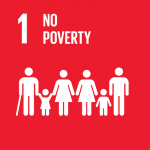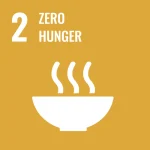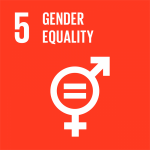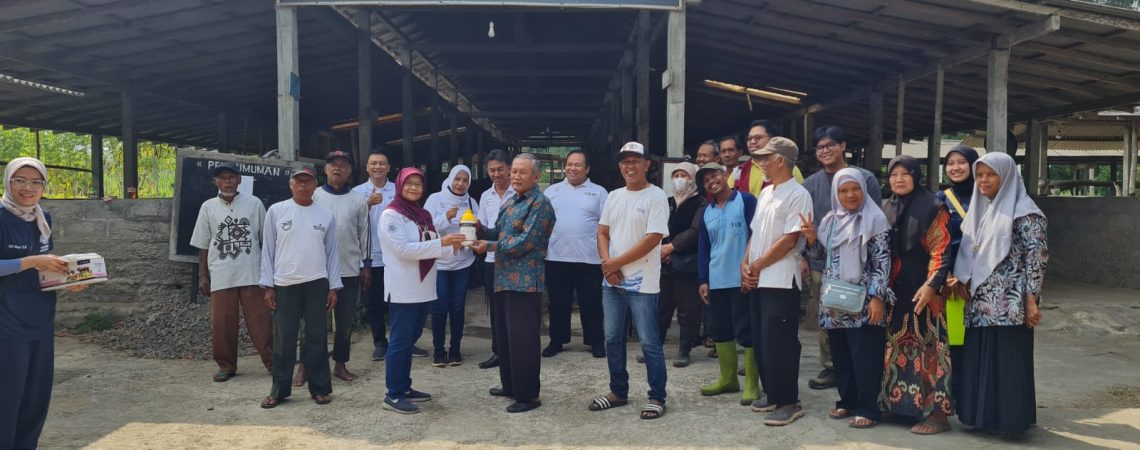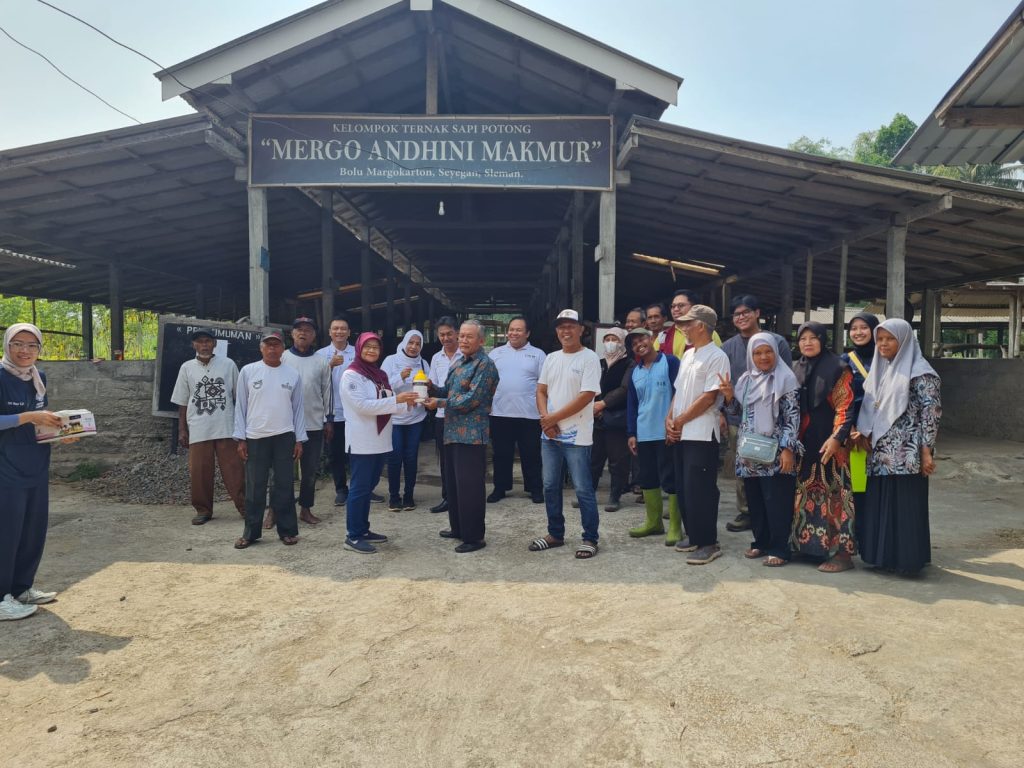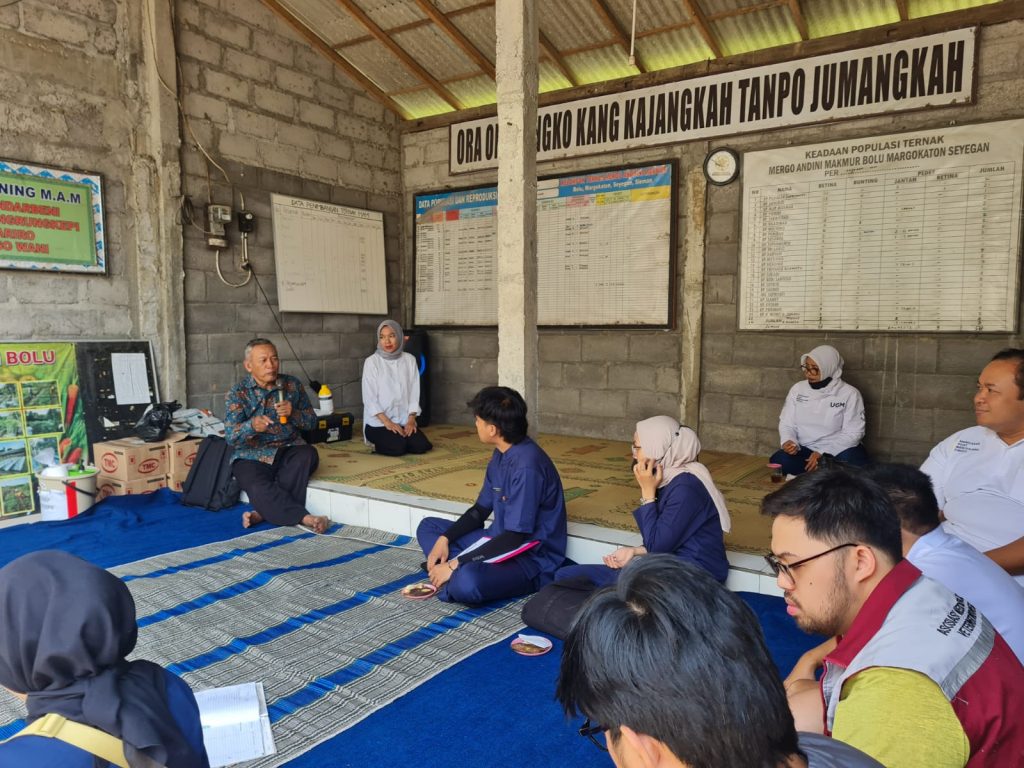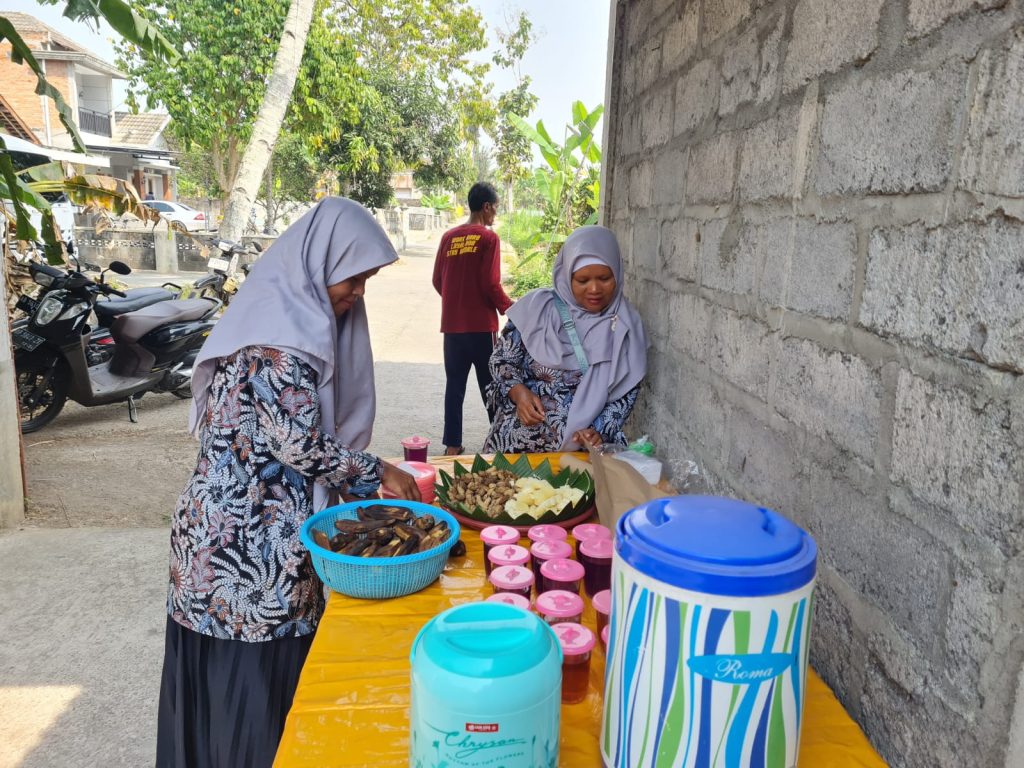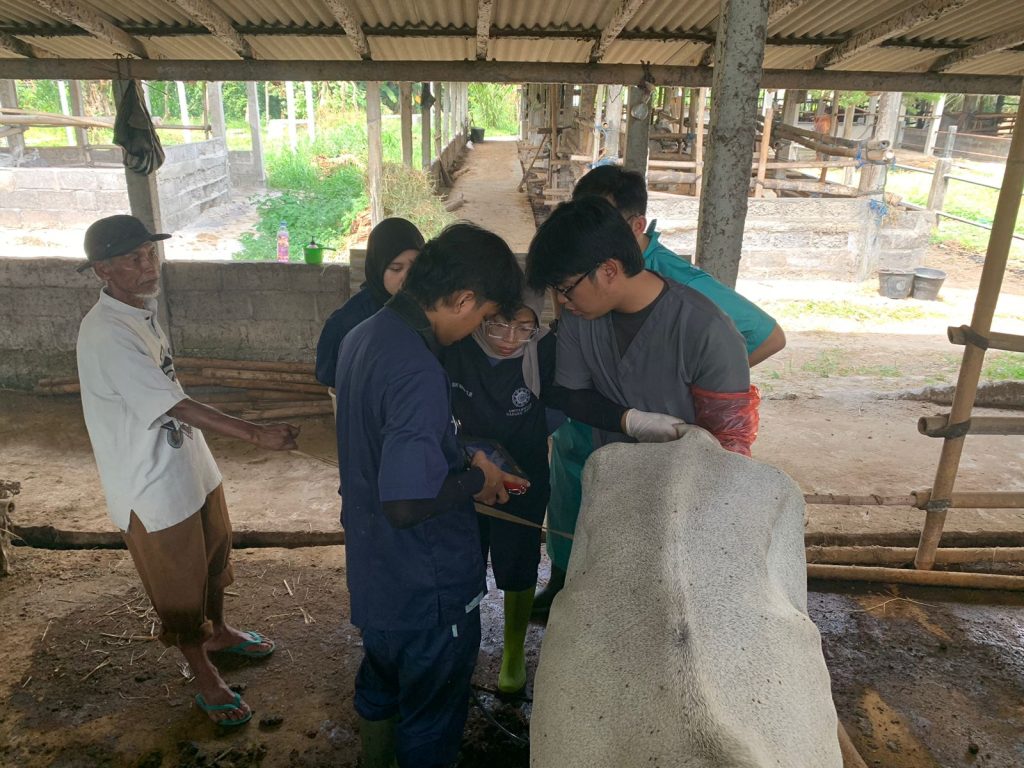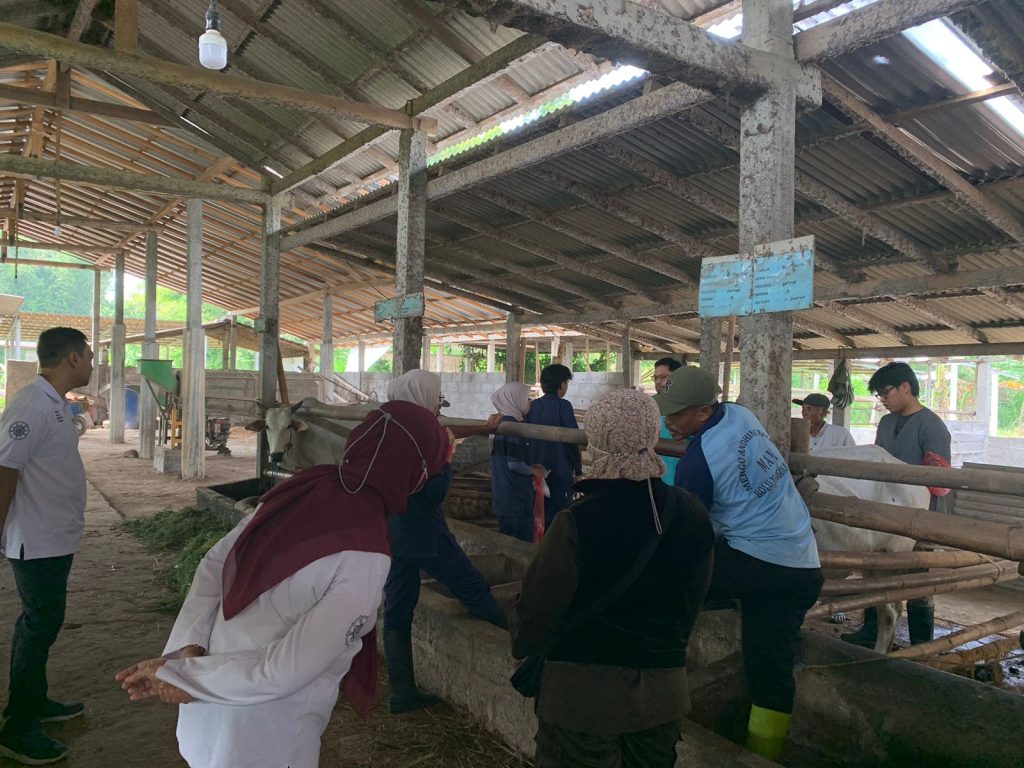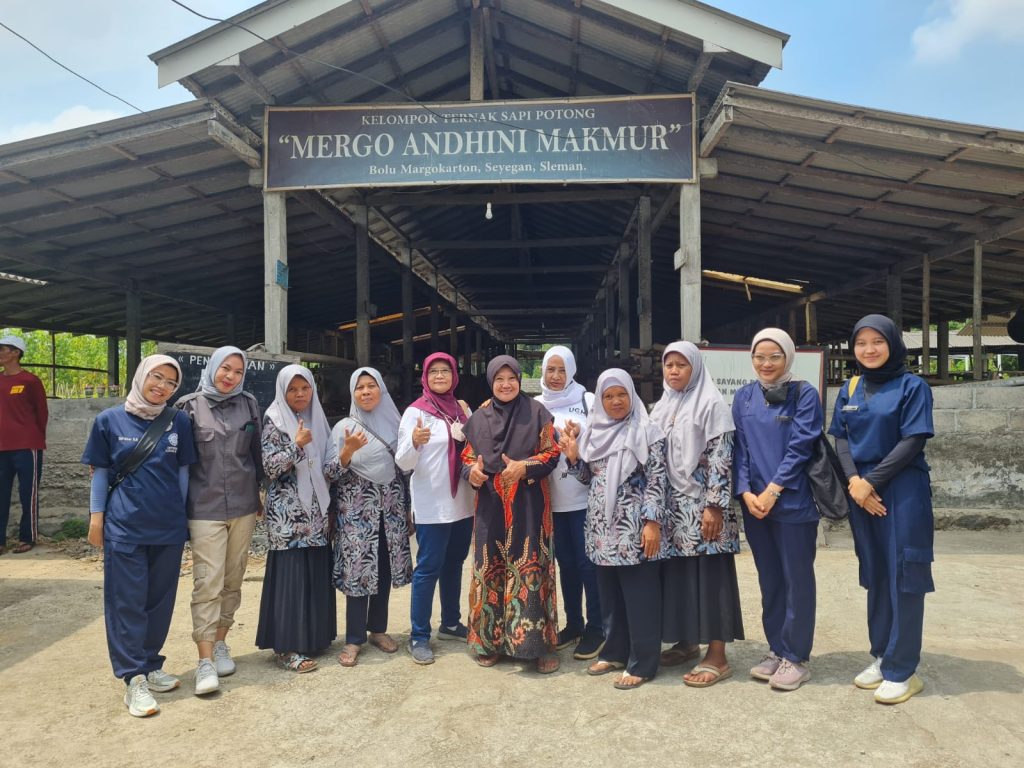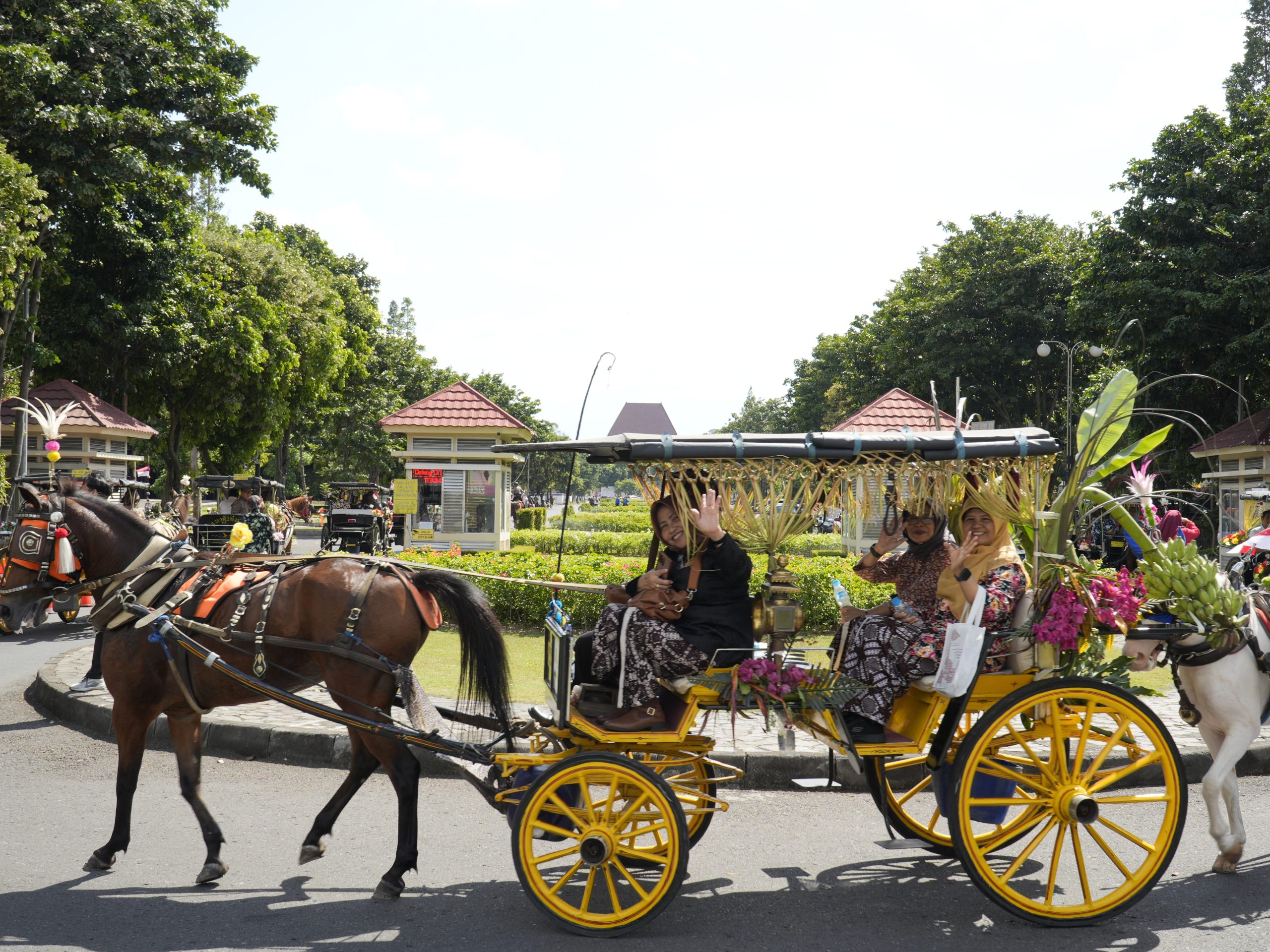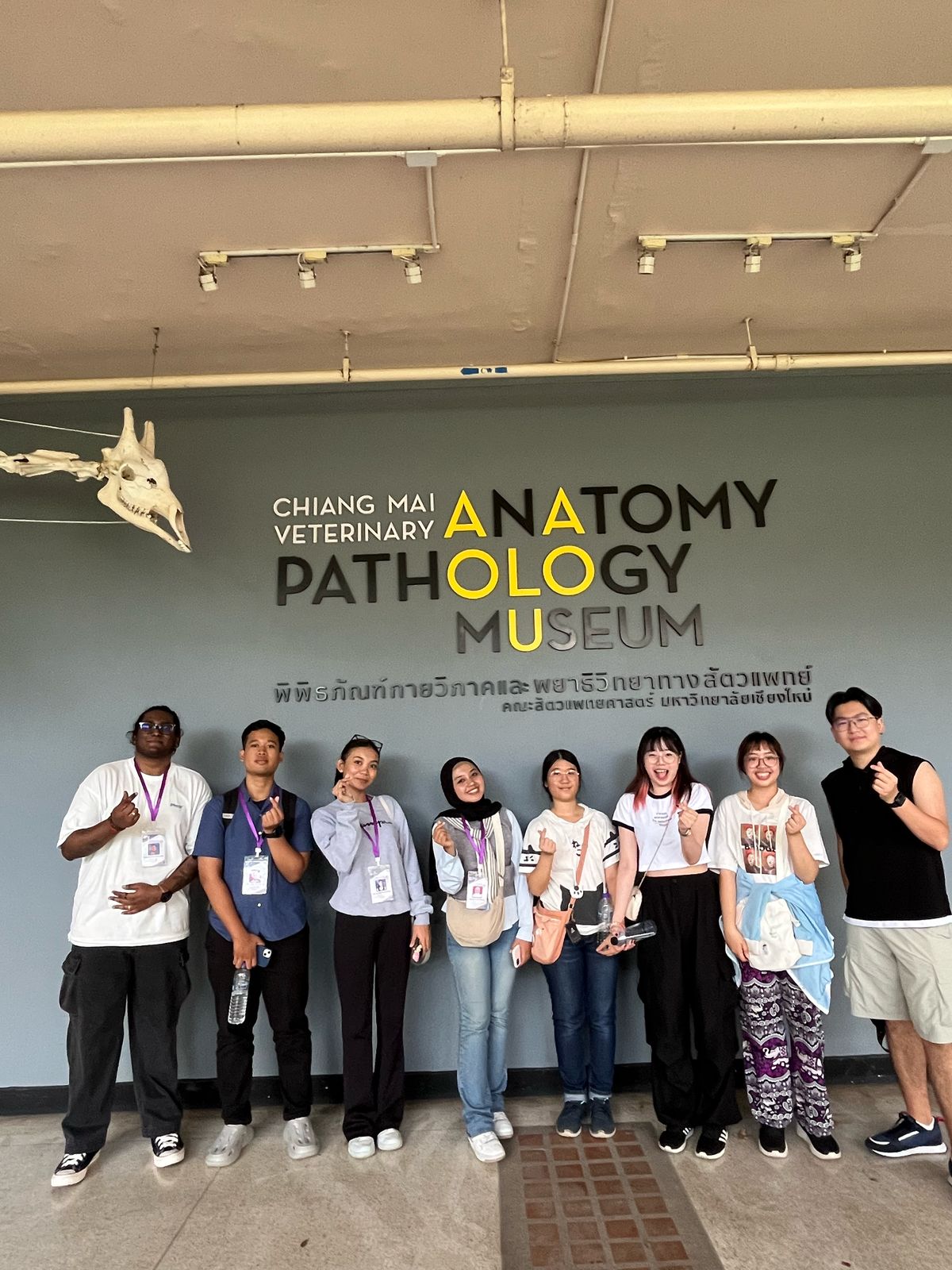On August 22, 2024, the Department of Reproduction and Obstetrics at Gadjah Mada University’s Faculty of Veterinary Medicine (FKH UGM) conducted a community service program at the Mergo Andhini Makmur Livestock Group. This initiative is part of their commitment to support the Sustainable Development Goals (SDGs), particularly in the areas of economic resources, food production, and education for sustainability. The primary aim of this activity was to restore the health of cattle and improve reproductive rates post-pandemic and following outbreaks of livestock diseases.
During the event, the FKH UGM team performed reproductive examinations on the cattle using ultrasonography (USG) technology and provided vitamin supplementation. Additionally, they administered deworming medication for the cattle that were not pregnant, ensuring that the livestock received comprehensive care. The active participation of faculty staff and students undergoing reproductive internships significantly strengthened the implementation of this initiative.
Mr. Mulyono, the head of the Mergo Andhini Makmur Livestock Group, expressed his concerns during his speech, highlighting the severe impacts of the COVID-19 pandemic and outbreaks of Foot and Mouth Disease (FMD) and Lumpy Skin Disease. He reported a staggering 50% decrease in the population of female cattle, with the number dropping from 80 to approximately 40. “This situation is exacerbated by the difficulty female cattle have in becoming pregnant after the disease outbreaks,” Mr. Mulyono explained.
The examinations conducted by the FKH UGM team revealed that the ovarian conditions of some cattle that were struggling to conceive were actually good. However, there was a tendency for these animals to show difficulty in exhibiting estrus signs. The provision of vitamins and mineral supplements is expected to help restore the cattle’s health and improve their estrous cycles.
“Through this community service, we hope to re-establish cooperation and guidance from the university, which had been interrupted due to the COVID-19 pandemic,” Mr. Mulyono stated. This sentiment reflects the importance of civil society partnerships in achieving sustainable development goals, particularly in empowering local farmers and enhancing their livelihoods.
The event also featured traditional food prepared by the women’s farming group, showcasing local culture and community spirit. This aspect of the program not only nourished the participants but also highlighted the role of women in agriculture and food production, aligning with the SDGs focused on the empowerment of women.
The Department of Reproduction and Obstetrics at FKH UGM is committed to fostering ongoing collaboration and providing further guidance to support the recovery of this livestock group. Through this partnership, it is hoped that a sustainable positive contribution can be made to the welfare of farmers and the cattle population in Indonesia.
In conclusion, the collaboration between FKH UGM and the Mergo Andhini Makmur Livestock Group exemplifies a successful model of development assistance that integrates education, health, and economic resources. By addressing the challenges faced by local farmers and livestock, this initiative not only aims to restore cattle health but also to empower the community towards sustainable agricultural practices.
Contributor: Yosua Kristian Adi
